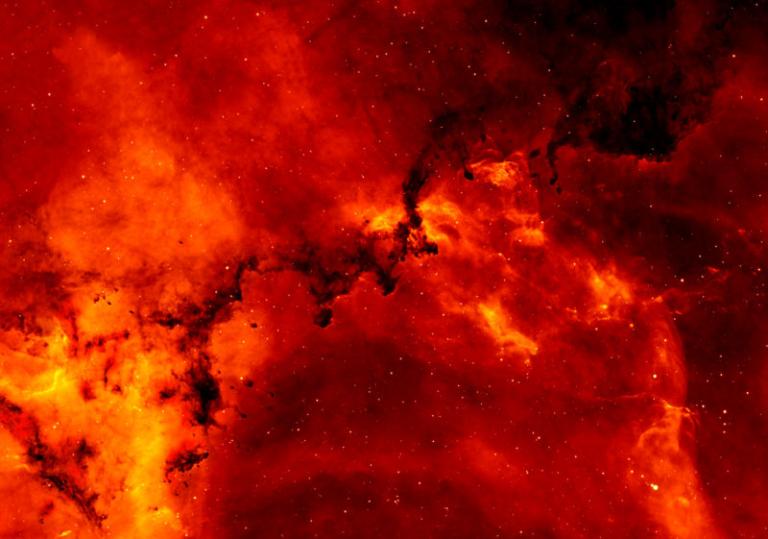
Some of you, no doubt, saw the relatively recent British film The Theory of Everything, about the famous cosmologist Stephen Hawking and his remarkable first wife, Jane Hawking. It’s a sad movie in many ways — and not only for the obvious reason of Dr. Hawking’s horrific illness. But it’s also something of a triumphant one. He died this past March at the age of 76, despite the medical prognosis given him at age 21 that granted him only two years to live. And he made astonishing contributions to astrophysics and cosmology.
It was fun for my wife and me to see, in the film, continual scenes of Cambridge, a place that we love (and where we’ve spent some time and would like to have spent more time than we have), and to watch a film in which such titanic scientific figures as Dennis Sciama (oddly unnamed in the film, I think, though playing an important role as Hawking’s dissertation chair and eventual faculty colleague) and Roger Penrose and the 2017 Nobel Physics laureate Kip Thorne make appearances.
Thorne, incidentally, is currently an atheist. But he was born to an academically oriented Mormon family in Logan, Utah, and he doesn’t take the fashionably contemptuous view toward religious faith that some scientists (or would-be science boosters) do: “There are,” he says, “large numbers of my finest colleagues who are quite devout and believe in God, ranging from an abstract humanist God to a very concrete Catholic or Mormon God. There is no fundamental incompatibility between science and religion. I happen to not believe in God.”
Although it’s been faulted for failing to spend much time on Stephen Hawking’s actual theories, The Theory of Everything is, intermittently, about the relationship between science and faith. Hawking didn’t believe in God. But his (eventual-ex) wife, who herself earned a doctorate in medieval Spanish and French literature from Cambridge, is a believing Christian. So the film goes back and forth on the topic, including an important scene revolving around a famous passage from his Black Holes and Baby Universes and Other Essays (1993), although I think that the film misattributes it to his 1988 bestseller A Brief History of Time:
If we do discover a complete theory, it should in time be understandable in broad principle by everyone, not just a few scientists. Then we shall all, philosophers, scientists, and just ordinary people, be able to take part in the discussion of the question of why it is that we and the universe exist. If we find the answer to that, it would be the ultimate triumph of human reason — for then we would know the mind of God.
Early in the film, when they first meet at a party, Stephen explains cosmology to Jane as “a religion for intelligent atheists,” and I think there’s some possible truth in that quip. Slightly later, Jane asks Stephen whether, as it seemed, he’d really never been in a church, and he responds that he had once been in a church, but that it had been many years earlier.
I’m aware of nothing to suggest that Stephen Hawking was ever particularly interested in, or knowledgeable about, religious faith, though, as he himself observed on several occasions, cosmology does address certain questions that, in the past, were exclusively the domain of theology.
David Bentley Hart’s somewhat demanding The Experience of God: Being, Consciousness, and Bliss, though it scarcely mentions Stephen Hawking, does an excellent job in explaining why such comments of Hawking’s as “Because there is a law such as gravity, the universe can and will create itself from nothing” (The Grand Design, 2010, written with physicist Leonard Mlodinow) really — and quite spectacularly — miss the point.











